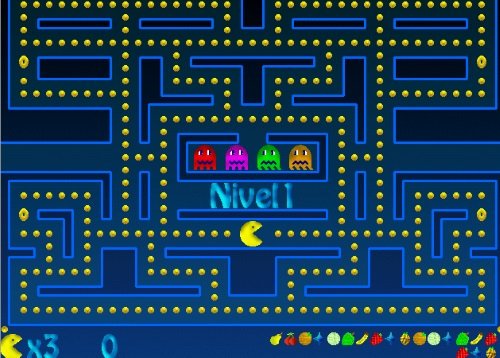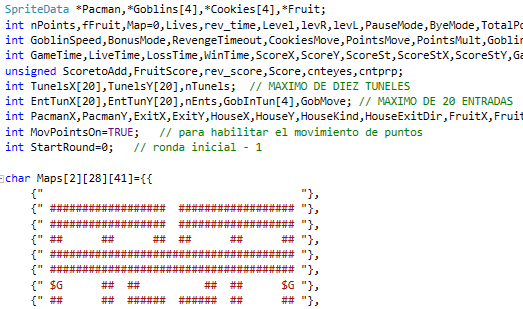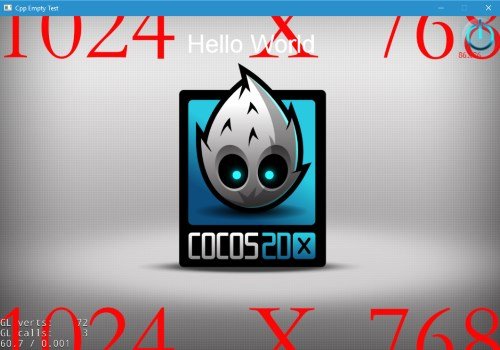Project JPacman #3: New toolset
In late February, I was very motivated to move forward in the project JPacman. In a couple of weeks, I had already managed to run the original game binaries and I had the BitBucket repository ready to go. There I had uploaded all the source code and assets that had been used to create the first version of the game more than 15 years ago.
However, there was a small issue. When I worked on the project in 1999, I used a set of tools that are currently obsolete. To move forward, then, the next challenge to solve was to define and integrate new tools which would allow me to build new versions of the game again.

Choosing a new toolset
Of course, the first thing to consider was the source code and the general project structure. After a quick inspection of the files, I was able to note the following:
- The code was incredibly disorganized and there was no documentation at all.
- In theory, the project was written in C++ language, but there was no usage of object oriented patterns, polymorphism, templates, or any other advanced technique of the language.
- All the gameplay parameters were hardcoded along the source code, so no configuration files to tweak the gameplay.
- The access to DirectX libraries that provided the controls, rendering, music and audio effects features were isolated in four source code files. The rest of the game modules referenced these four files to use those features.

In addition to the shame that I felt for the messy code, I realized that porting the game to an engine like Unity (with which I am now very familiarized), I would need to rewrite it completely, which would probably take me several weeks or even months.
Therefore, I started to look for other alternatives that would allow me to have results in a more reasonable time. I searched for game engines that could be integrated with C++ code and I found several alternatives, such as Cocos 2d-x, Torque, Oxygen or Godot.
The chosen one: Cocos 2d-x
Finally, after downloading some examples and reviewing the documentation of each engine, I decided to try Cocos 2d-x, for the following reasons:
- It is a game engine that is mainly designed to create 2D games
- It integrates easily with C++ code
- It seemed simple enough for making a fast integration
- The entities and classes structure seemed to match pretty closely with the JPacman requirements
- The Cocos2d-x source code is available and can be downloaded from Git

After reviewing the Cocos2d-x repository, I learned that I could use Visual Studio 2015 Community Edition to build the project binaries. It took me a few hours to get JPacman to also compile with that version. I had to remove some libraries like DirectMusic, that are fully obsolete, and deactivate the code that referencing them by using preprocessor definitions.
The next step was to integrate the Cocos2d-x code and libraries to the project. To do so, the most natural way was to add Cocos2d-x repository as a Git sub-module of the JPacman repository. In this way, the engine was integrated without the files actually being in the game repository.
Then I decided that it was best to create a separate Visual Studio project for the version of Cocos2d-x. The plan would be to take one of the engine samples as a base and then connect it with the JPacman code. So, I created the JPacman_Cocos2dx project and added it to the same JPacman “Solution File”, using the cpp-empty-test sample files as a starting base.

Finally, with the new integrated engine, I was ready to start reviving the game code. The fun part was about to start: make each game module to work with the Cocos2d-x engine.
JPacman was about to return to life in glory and majesty.
Have you ever used Cocos2d-x? Do you have experience with other similar engines? Do you believe that Cocos2d-x choice was appropriate or would you have chosen another alternative?
Juan Pablo makes videogames since he was 8 and he is a father since 2004. Today, he has three children and he has worked in more than 20 videogames. He got interested on how paternity and the videogame industry are related and he decided to write about it, founding "Papa Game Dev".
Leave a Comment
Your email address will not be published. Required fields are marked *

